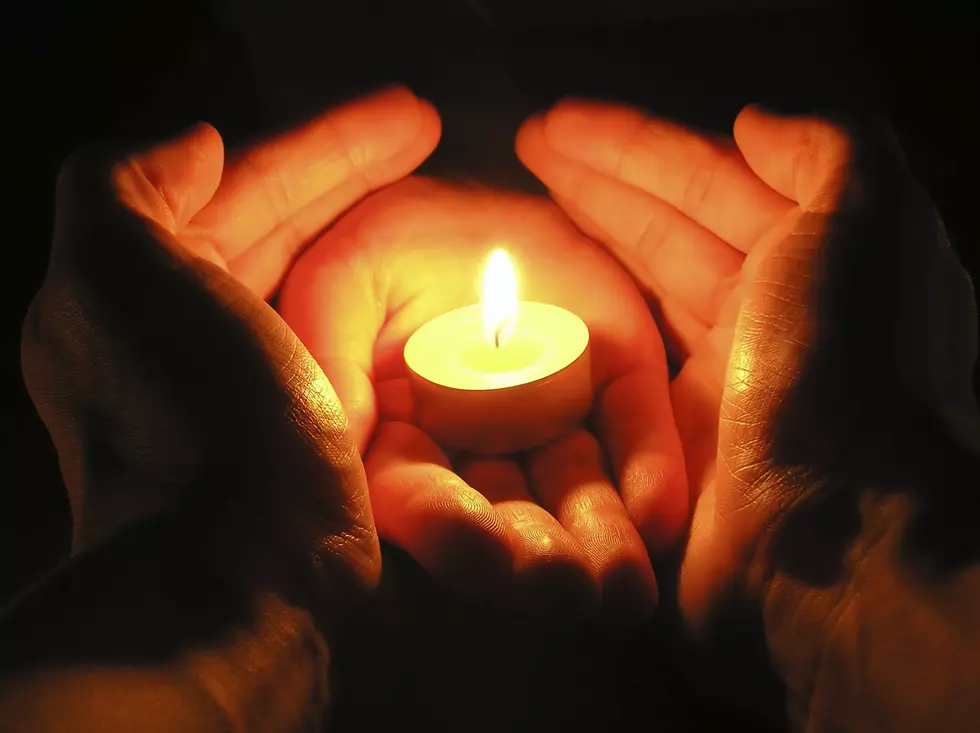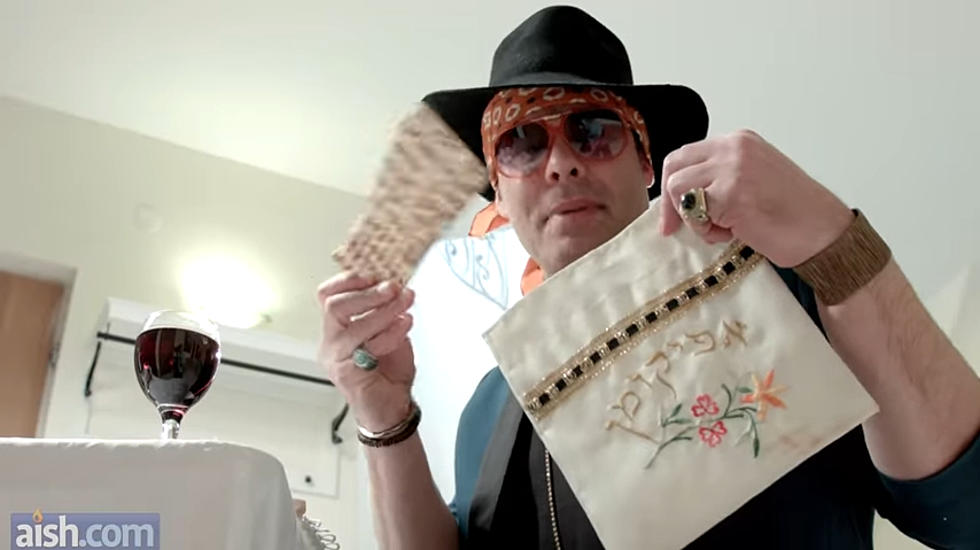
Holidays Aren’t Always ‘Happy’ — How to Cope With Loss
The holidays are usually a time of great excitement and happiness for many people. There's celebrations, family dinners, gifts, lots of laughs and more. But for those who have lost a loved one, the holidays can often be a sad and depressing time.
Dr. Rachel Strohl, clinical psychologist at Stress and Anxiety Services with offices in East Brunswick and Florham Park, said it's important to normalize the grief reaction. Understand that there is going to be a wide range of emotions regardless of the holidays, so plan ahead.
Be able to say yes or no to holiday plans. She said it's important for people to respect a mourner's boundaries. Those experiencing loss should also let others know what they are capable of doing. Many feel guilty about having fun during the holidays without their loved ones around. Strohl said ask yourself this, "How would your loved one who passed want you to celebrate or observe the holiday?"
So try to create new traditions to honor their memory. Communicate with family on ways to honor those who have passed at holiday get-togethers. Whether it's at a Thanksgiving dinner, a Christmas feast or a Hanukkah celebration, maybe everyone goes around the table and shares a story about that loved one.
Think about lighting a candle at the dinner or say a prayer and honor the loved one knowing that we often think that the loved one is carried on through the memories of the people who are still here, said Strohl. Even think about posting on social media on that holiday about a memory.
Strohl said guilt is common with grief. She said in psychology language, it's called "emotional reasoning." Just because you feel it, doesn't mean it's true. Grief has a lot of complex emotions such as sadness, fear, loneliness, despair, anger, hopelessness, guilt. She said there's even emotions of relief. Someone may feel somewhat happy or relieved that a loved one is not suffering anymore.
"I think it's so important in acknowledging the complexities of emotions around grief and how that comes into play when people feel like they should be joyous about the holiday but it feels so sad," said Strohl.
Others have a hard time communicating with someone experiencing loss. Besides "I'm sorry," they don't know what else to say or even how to act. So Strohl said it's a good idea to keep the door of communication open. Ask how that person is doing and acknowledge that this is hard for them.
Also if the person who is mourning is coming to a relative's home for a holiday, it may be a good idea for that relative to call up that person and express how happy they are to have them join the family for the holiday. Ask what you can do to make them feel more comfortable. That person may suggest that at the holiday, they want to talk about doing something in the loved one's memory, like setting up a donation or something of that nature.
"So really, asking permission, communicating and not assuming because there are such a range of reactions that we can't assume that it works for one person, that it will work for another," stressed Strohl.

More From Rock 104.1









